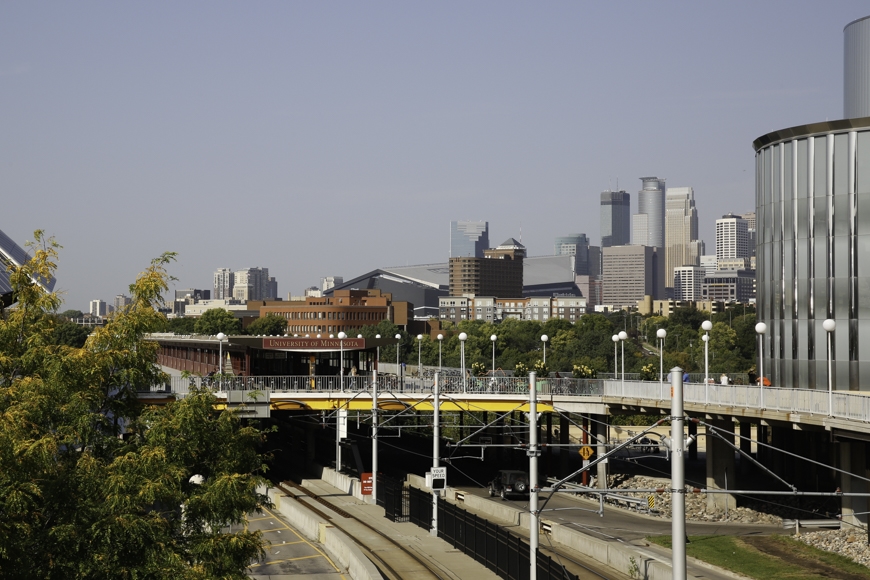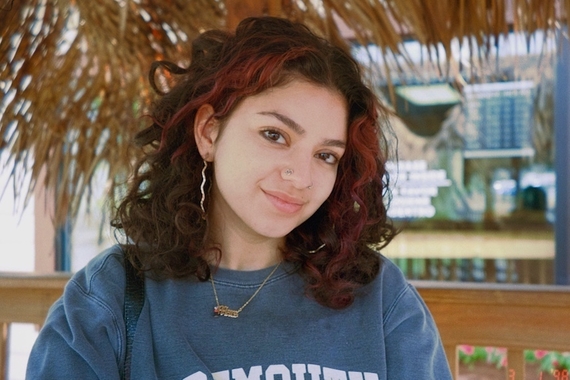Back-to-School 2020 Newsletter
Greetings from the Department of Chicano & Latino Studies,
During these unprecedented times, you can imagine that Chicano & Latino Studies faculty and staff are working to support equity, inclusion, and social justice in their day-to-day activities. I share just a few examples.
In March, Lisa Sass Zaragosa, our community liaison, helped identify and share information about resources for Latinx students and communities, which we came to learn were the hardest impacted by the pandemic and the subsequent economic downturn.
Gabriela Spears-Rico participated in a conversation about monuments and memory with Mni Sota Indigenous scholars to discuss how our communities move forward to create public spaces that are more inclusive. The recording of the conversation reveals her internal struggle as a mother who must teach her daughter about the Columbus monument and the significance of its toppling.
Jessica Lopez Lyman is investigating transnational solidarity movements between Latina, Black and Native artists fighting on the frontlines for water, specifically on the Balance the Nations tour established to bring awareness to the fight for water rights in Minnesota and Puerto Rico.
Jimmy Patiño is studying the historical practice of solidarity primarily among African American, Chicana/o/x, and Puerto Rican sites of struggle in the twentieth century. It will inform how we understand our contemporary sites of struggle and coalition-building.
The faculty, including our cadre of part-time instructors, worked all summer to create inclusive pedagogies (teaching techniques and tools) for online education. This was largely a volunteer effort as we lack the funds to compensate for summertime work. As a community of teacher-scholars, we agreed that it would be unethical to offer in-person instruction to our Latinx students who frequently live in multi-generational households, are disproportionately represented in the so-called essential workforce, and have been overexposed to COVID-19, hospitalized from the virus at four times the rate of white Americans. I use the term “so-called essential workforce” not to belittle the labor of people of Latin American heritage working in the United States but to question the lack of protections for that workforce. Shouldn’t essential workers have protective gear, sick pay, and free healthcare?
On the fifth anniversary of Jesús Estrada-Pérez’s passing, the graduate student who championed queer Latinx artists, we are reminded of intersectional identities can be the source of strength and resilience. Just as Estrada-Pérez documented the collective artistic genius of gay Chicano and Latino artists who found generative power in their differences, we too can find strength in our willingness to actively recognize “we are in this together” across our different heritages, languages, residency status, genders, sexualities, and access to capital. None of us knows where this pandemic will take us, but we can find solace in the knowledge that our collective action will support our resiliency and justice.
Warm regards,
Karen Mary Davalos
Chair and Professor
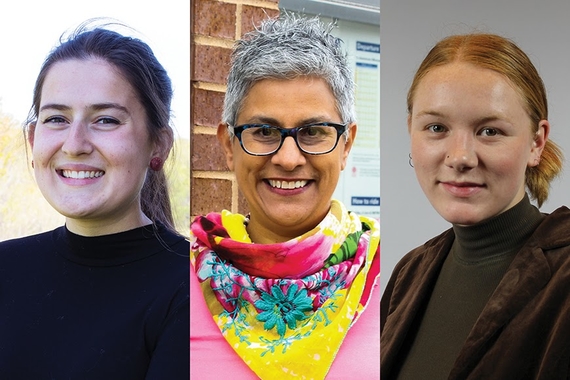
Did you know that undergraduates have the opportunity to partner with faculty on a research project? “There should be no question about whether or not to do the Dean’s First Year [and Creative Scholar] Program. The opportunity to work with an accredited professor, challenge yourself with high-level research, and receive scholarship funding does not come around everyday.”
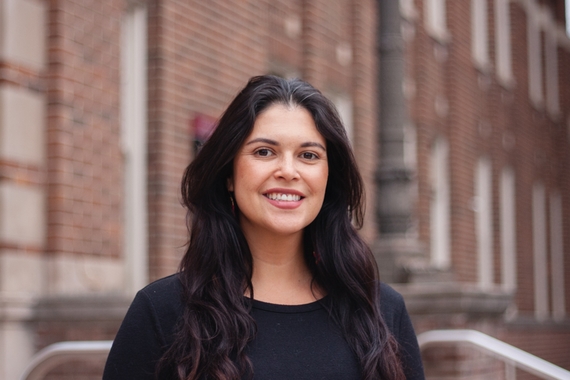
Professor Jessica Lopez Lyman is following 11 contemporary, local artists to uncover the intersection between art and social justice work. “It's been such an inspiring experience to see these Latinas out there, giving of themselves, using their art as a tool to educate,” Lopez Lyman says. Her research will contribute to the growing scholarship around Midwestern Latina/o/x communities.
Read "The Art of Community: Latina/o/x Activism in the Twin Cities"
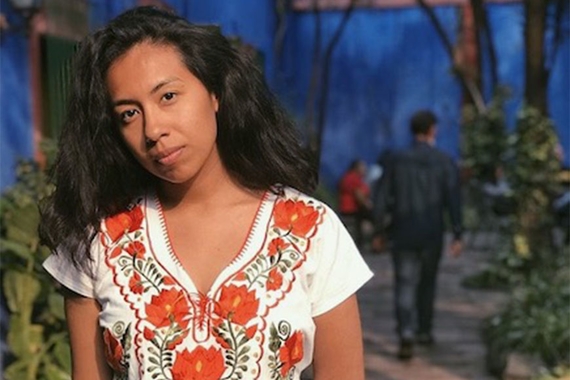
Erika Hernandez is the proud daughter of two immigrant parents. A Chicano & Latino Studies major, Hernandez is exploring her purpose, values, and gifts through community engagement. “I want more representation in the classrooms and other spaces of influence,” she says.
